Supreme council for Hamas captives holds Israel responsible for lives of hunger strikers
The supreme command council for the captives of the Palestinian Hamas resistance movement has voiced concern over the heath of Palestinian prisoners in Israeli jails who have gone on hunger strike, declaring the start of “a struggle program” in support of the hunger strikers.
In a statement issued on Monday, the council announced that it has launched “a struggle program” to support the administrative detainees who are on a hunger strike starting from Monday.
According to the statement, the program begins by closing the prisons’ sections for two hours starting from 10:30 am to 12:30 pm.
The council stated that Tuesday’s meal would also be rejected, noting that greater measures would be declared in the upcoming days.
“The [Israeli] occupation bears full responsibility for the lives of captives on hunger strike,” the council said, describing the health condition of the hunger strikers as “serious” and “can’t be tolerated”.
At least seven Palestinian inmates have remained on an open-ended hunger strike to protest the Israeli so-called administrative detention, which allows prisoners to be held without charge or trial.
According to a report by the Detainees Affairs Commission, the oldest hunger-striker, Kayed Fasfous, who stopped eating food almost 110 days ago, and Muqdad Qawasmeh, who began his hunger strike 102 days ago, are among the Palestinian prisoners who insist on continuing their hunger strike despite their seriously deteriorating condition.
More than 7,000 Palestinians are reportedly held in Israeli jails. Hundreds have been incarcerated under the practice of administrative detention.
Some Palestinian prisoners have even been held in administrative detention for up to eleven years.
Last month, hundreds of Palestinians held in Israeli prisons went on a hunger strike in protest against an intensified Israeli crackdown on Palestinian detainees that took place following the escape of six inmates from a maximum-security Israeli jail on September 6.
The hunger strike, which began on October 13, was suspended nine days later after the Palestinian Islamic Jihad resistance movement declared “victory” over the Israel Prison Service.
On September 6, Zakaria Zubeidi, a former commander of the Palestinian resistance group al-Aqsa Martyrs’ Brigade in Jenin, and five members of the Islamic Jihad group managed to tunnel their way out through their cell’s drainage system to escape from the maximum-security jail of Gilboa.
It was the biggest Palestinian escape from an Israeli jail since 1987, when six members of the Islamic Jihad broke out of a heavily-guarded jail in Gaza.
After the recent escape of the six inmates, Israel adopted collective punitive measures against the Palestinian prisoners. The six Palestinian prisoners were all recaptured nearly two weeks later.
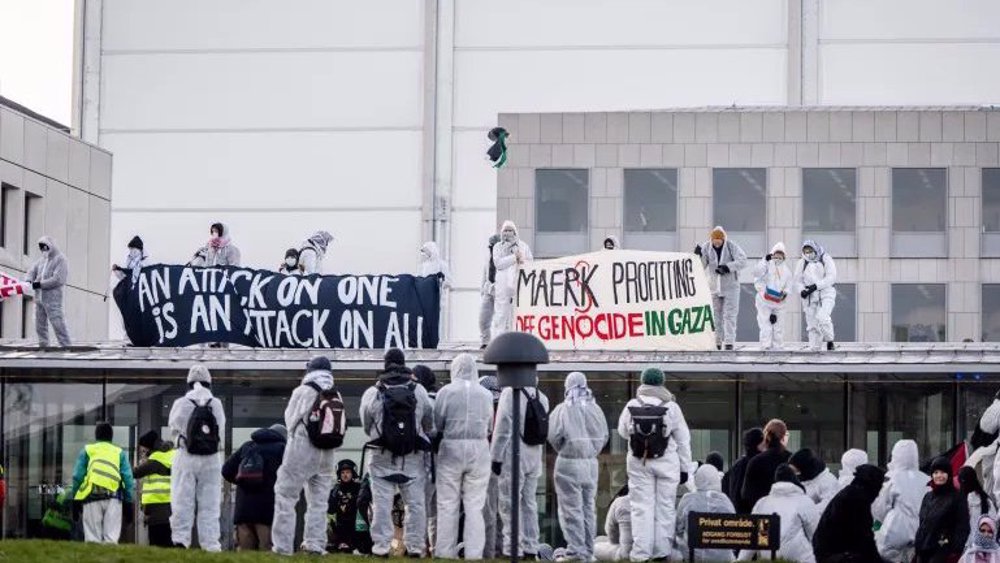
Danish police arrest 20 people protesting to stop military shipment to Israel
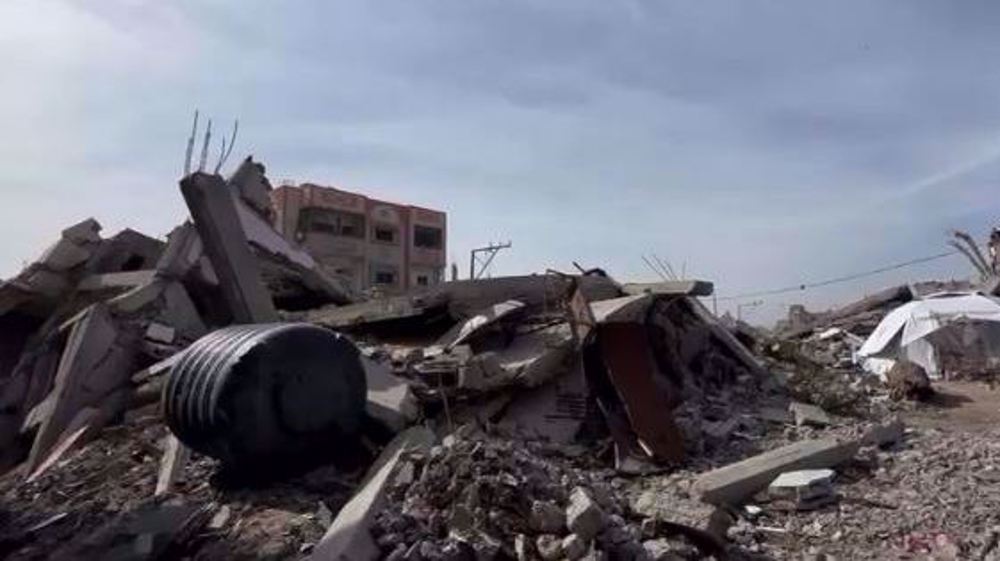
Shocking details of Israeli army’s massacre of 90 civilians from Juha family in Gaza
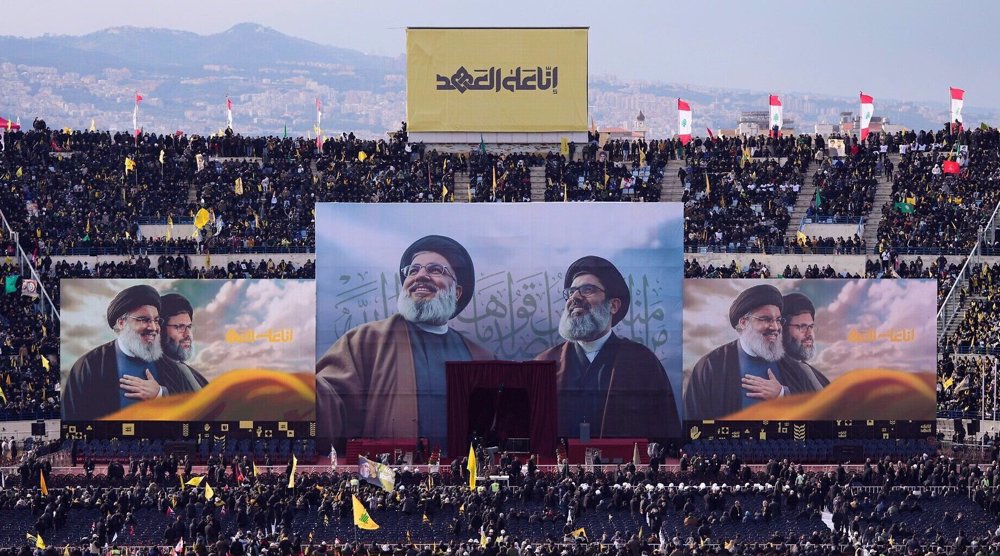
Nasrallah shattered myth of Israeli military’s invincibility: Top Yemeni official
Hezbollah's display of power proved resistance cannot be eliminated: Iran parl. speaker
Israel escalates West Bank raids as official says regime seeking to complete Gaza genocide
Australian senator smeared by anti-Iran groups for saying Iranian women 'have a voice'
Palestinian man dies in Israeli prison as Foreign Ministry urges intl. probe into regime’s crimes
Putin says not opposed to Europeans’ involvement in Ukraine talks
VIDEO | Iranian Kurdish protesters demand European action against PKK, PJAK terror
VIDEO | Israel expands offensive in northern West Bank, deploys tanks to Jenin
VIDEO | Spaniards fill streets of Cádiz in solidarity with Palestine


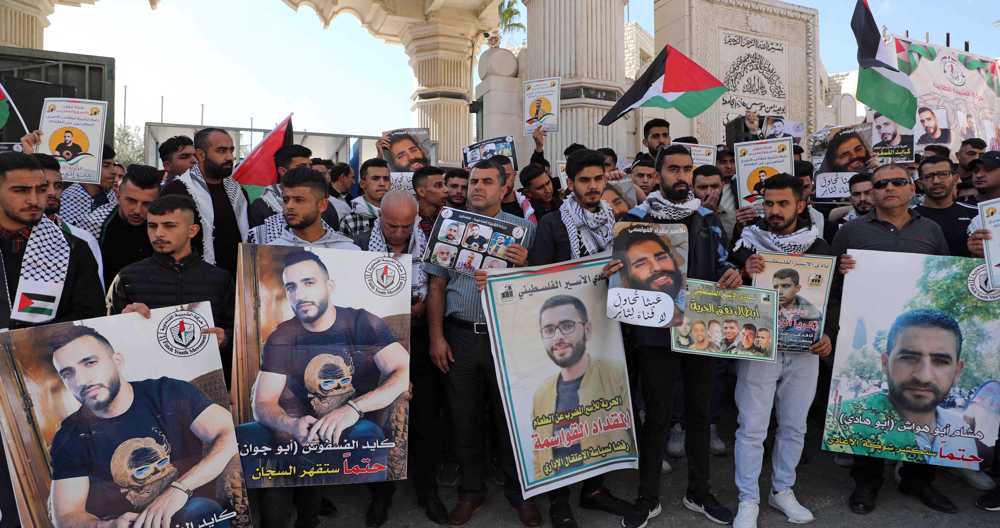
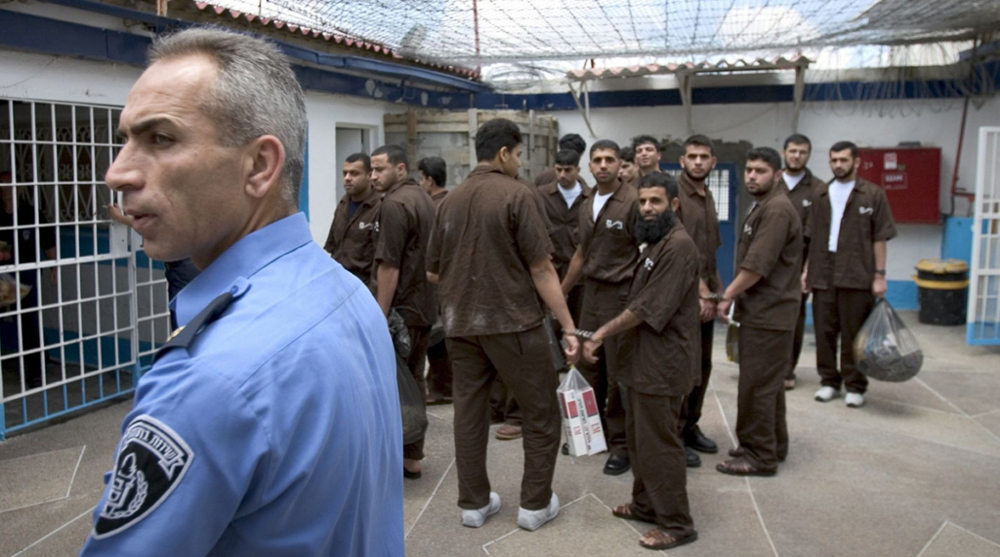





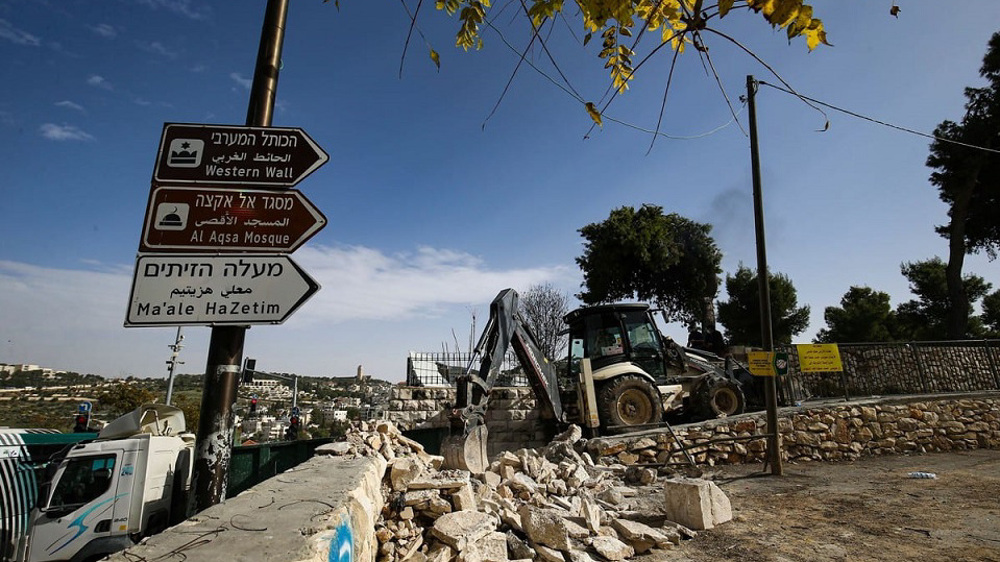
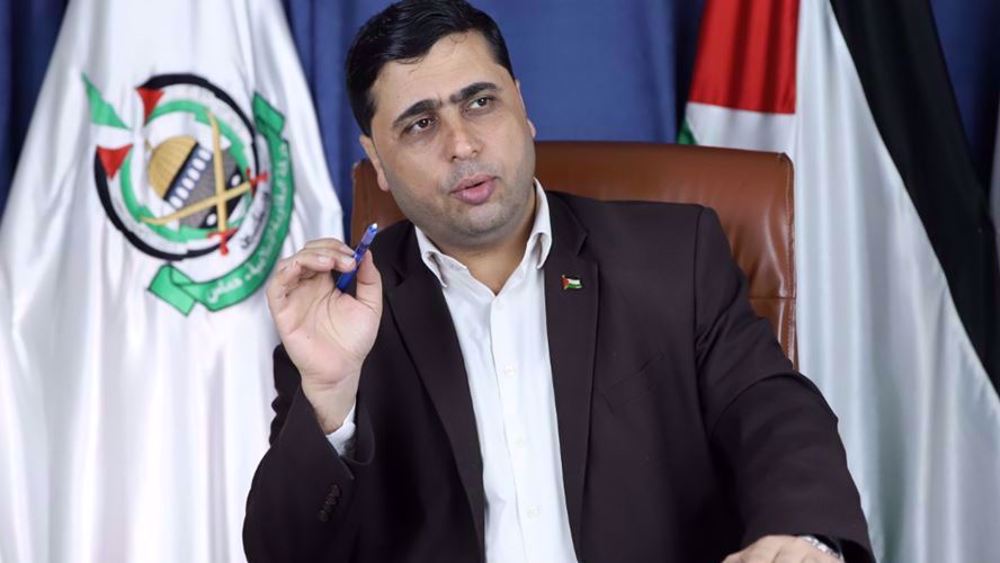

 This makes it easy to access the Press TV website
This makes it easy to access the Press TV website